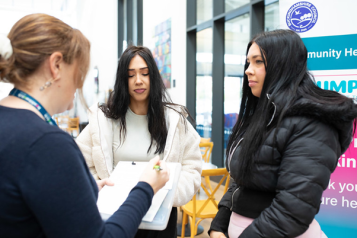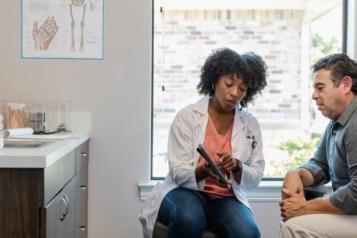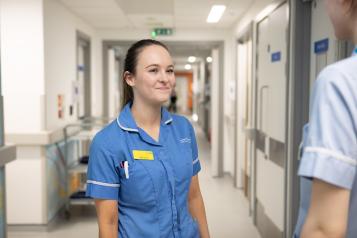What support is available for families with recessive genetic conditions?
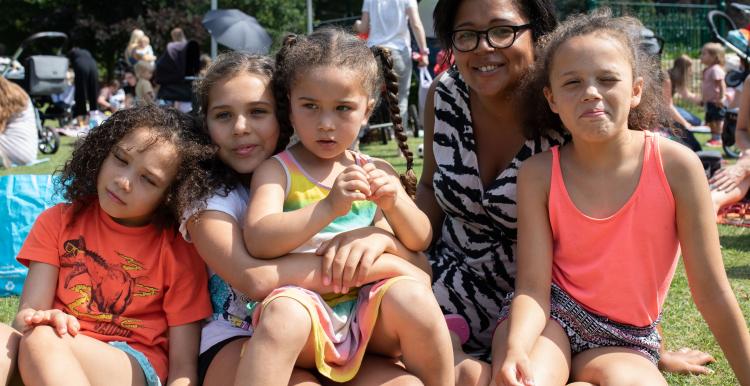
What are recessive genetic conditions?
We all have thousands of genes inside our cells. We have two copies of all our genes - one copy from our mother and one from our father.
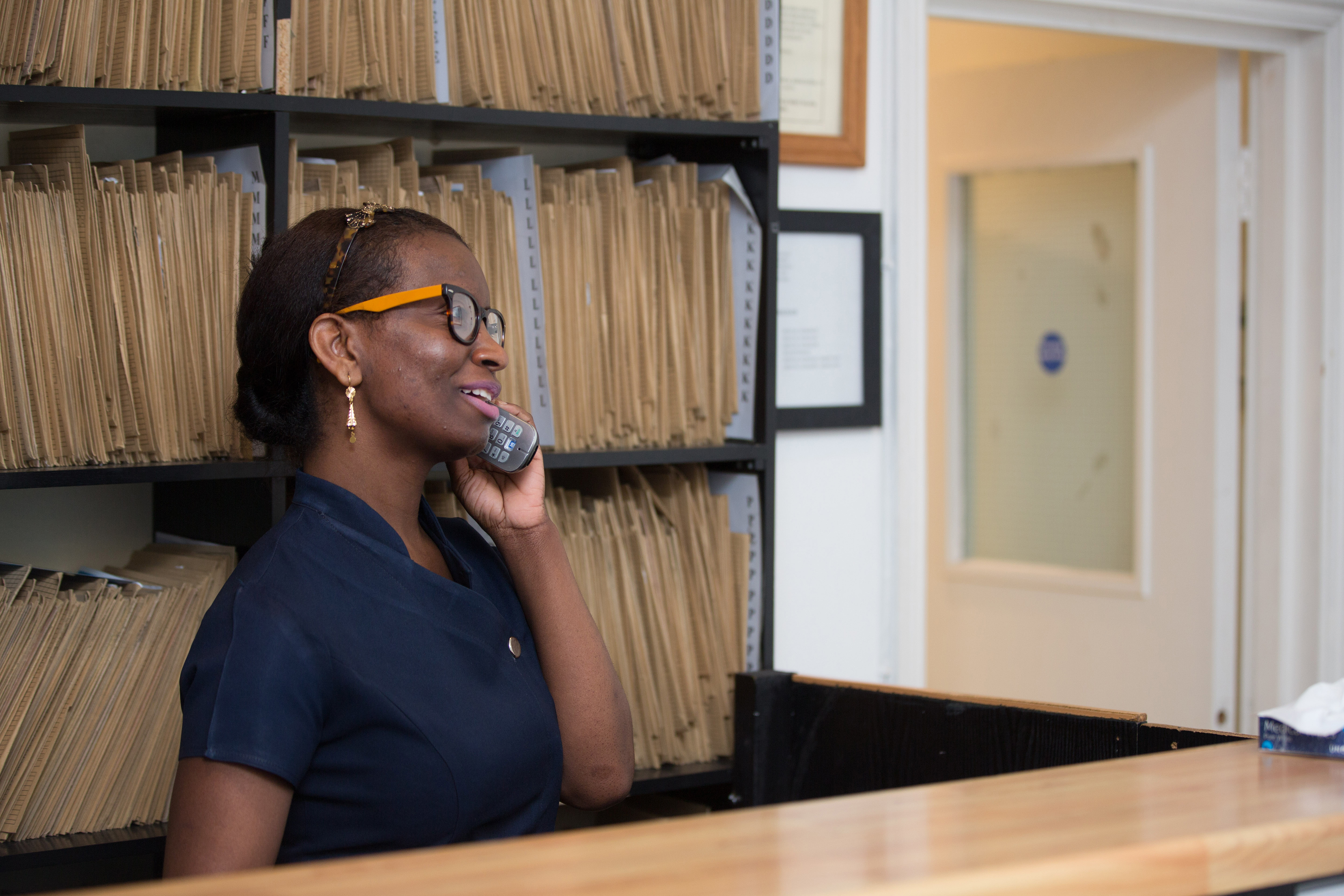
People can carry several changed genes, no matter where they are from or what their background is, and these can cause health conditions.Some genetic disorders only occur if a person has two copies of the same changed gene, one from their mother and one from their father. These are called recessive disorders, and include conditions such as Thalassemia and Cystic Fibrosis.
Recessive genetic conditions can affect anyone, regardless of whether you are related to your partner or not. However, the chance is increased if you are related.
Where do people find support?
Families can get support from their GP, who can refer them for genetic and genomic testing, and to a Regional Genetics Service. However, community support is also available.
A key source of community support locally is the Sheffield Genetic Literacy Project. This is run by Firvale Community hub, and works with health professionals and community groups to raise awareness of the issue of close blood marriages and the links to recessive conditions. They work closely with families who have a child or children with a recessive genetic condition and help them access information and support.
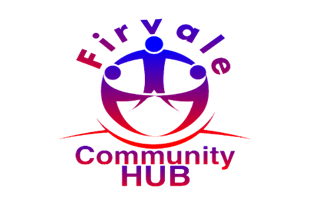
Healthwatch Sheffield and Firvale Community Hub worked together to understand the experiences of families affected by recessive genetic conditions. We also wanted to understand the experiences and confidence of professionals in providing support.
What did parents tell us?
Parents had mixed experiences with the support they received from health professionals. One person told us it "took about 2 weeks to find out what was wrong" with their daughter, but for another parent "the whole process took over 1 year". One parent even said "I might not ever get a diagnosis".
The timeliness of diagnosis, and the information a family is given, have a huge impact on their wellbeing. So does the attitude of the professionals they see. One parent felt reassured after their appointments with the Regional Genetics Service - "appointments were good, didn’t feel like I was being judged or being held responsible for marrying a cousin."
Another parent had a very different experience with their GP, which left her feeling very upset - "my GP said to me that I should have termination because my child would be born with an illness and that I should not have any children."
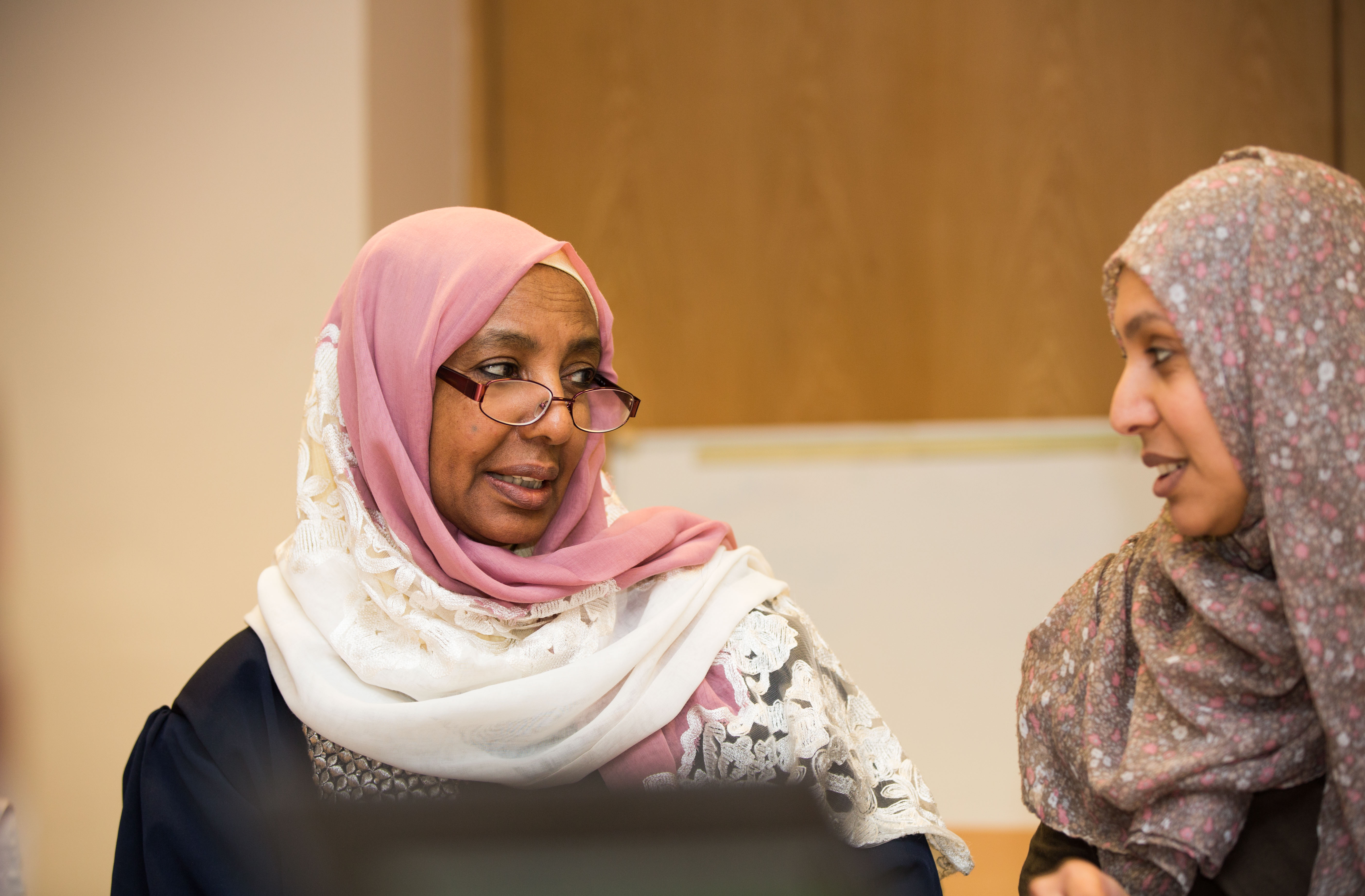
We also heard that language barriers and the way that conditions are explained can be an issue - families need to be given information that they can understand, and adequate time to ask the questions that they need to. This also means parents need someone they can contact outside of appointments for further support - receiving the news can be stressful and difficult to process straight away.
Community organisations helped some parents to fully understand the diagnosis and how to have conversations with their extended family about it - but not all health professionals were confident or knowledgeable enough to refer parents to these groups.
What needs to improve?
Based on the feedback we heard from parents, and the experiences of health professionals (who told us about how confident they feel offering support) we have made recommendations to the people who commission health services.
We have asked them to build the skills of professionals, strengthen the links between available support, and improve cultural competency and the accessibility of information.
Want to find out more?
You can read the full report, which includes more detail on our findings and the recommendations we have received.
Recessive Genetic Conditions report
If you would like any further information about the Sheffield Genetic Literacy project, recessive genetic conditions, close blood marriages and reducing infant mortality in Black, Asian and Minority Ethnic communities
Please contact: Saima Ahmed - Project Lead
